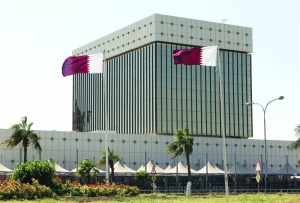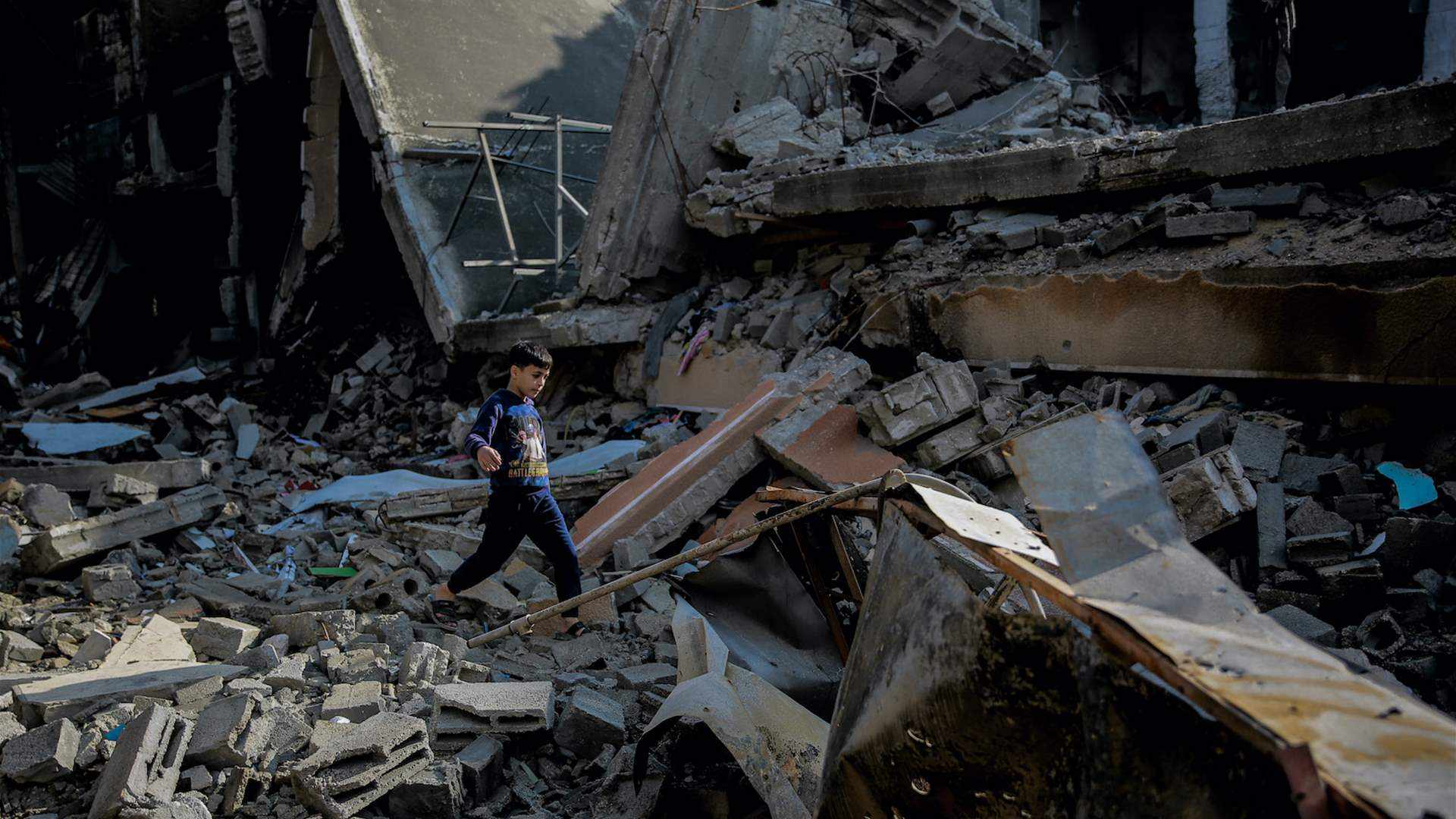Lebanon economic crisis means more work for craftsmen
- Date: 16-Jul-2023
- Source: Naharnet
- Sector:Financial Services
- Country:Lebanon
Lebanon economic crisis means more work for craftsmen
Among meandering alleyways in the historic market of Lebanon's southern city of Sidon, cobblers and menders are doing brisk business, as an economic crisis revives demand for once-fading trades.
At Ahmed al-Bizri's shoe repair store, nestled among old stone arches and a crowded warren of shops and stalls, workers are busy adjusting a woman's sandals and replacing the worn-out sole of a man's shoe.
"Repairs are in high demand," said Bizri, 48, who learned the trade from his father.
People from all walks of life "come to us to repair their shoes: rich, poor, average workers, public servants, soldiers," he added.
Since late 2019, Lebanon has been in a state of economic collapse that the World Bank says is one of the worst in modern times.
The Lebanese pound has lost around 98 percent of its value against the U.S. dollar, and most of the population has been plunged into poverty.
Bizri said his work "has increased 60 percent" since the crisis began, adding that people now prefer to spend up to one million Lebanese pounds (around $11 on parallel markets) to fix old shoes rather than buy new ones.
"Even people who had shoes hidden away for 20 years are bringing them out for repair," he




















